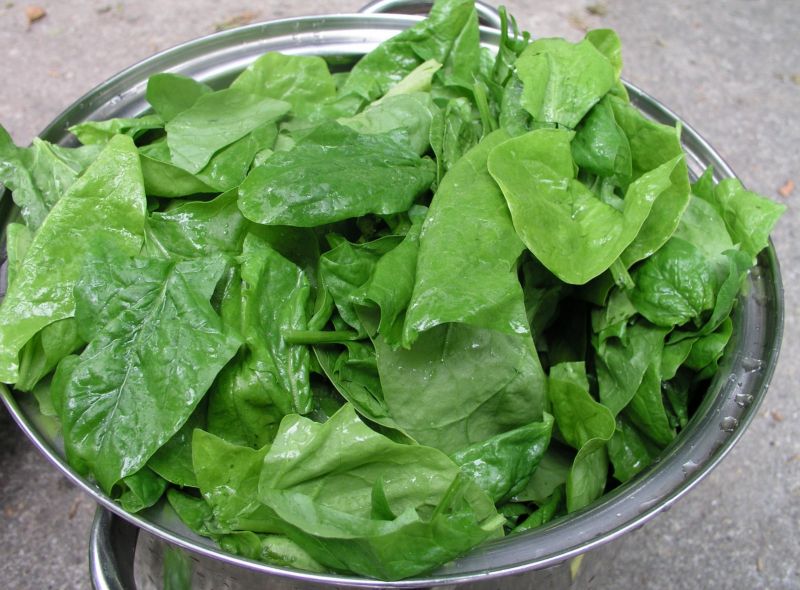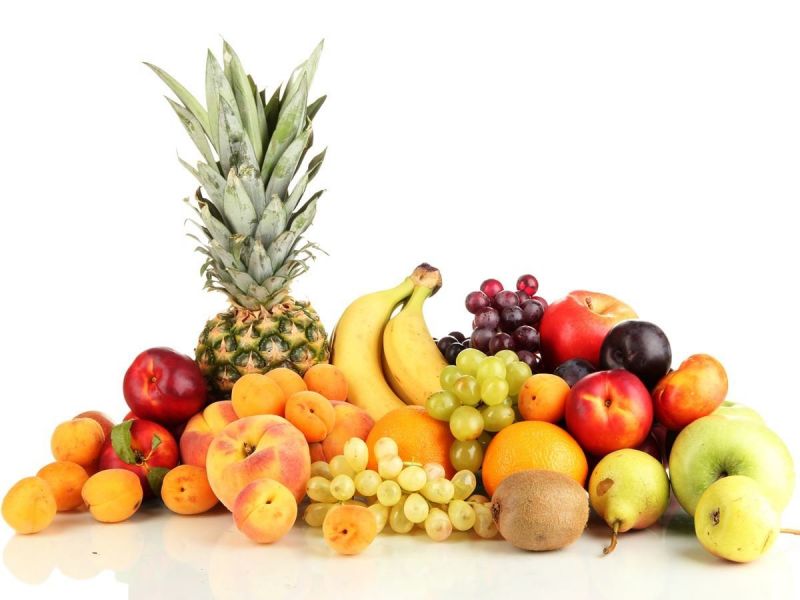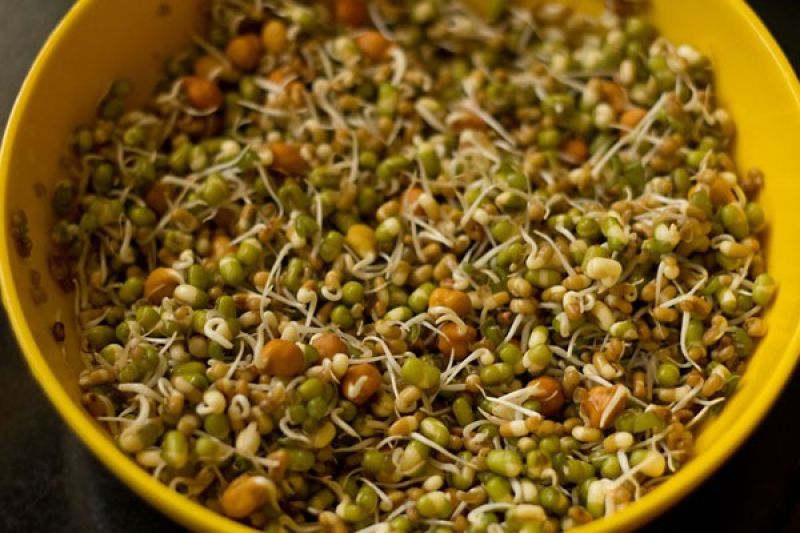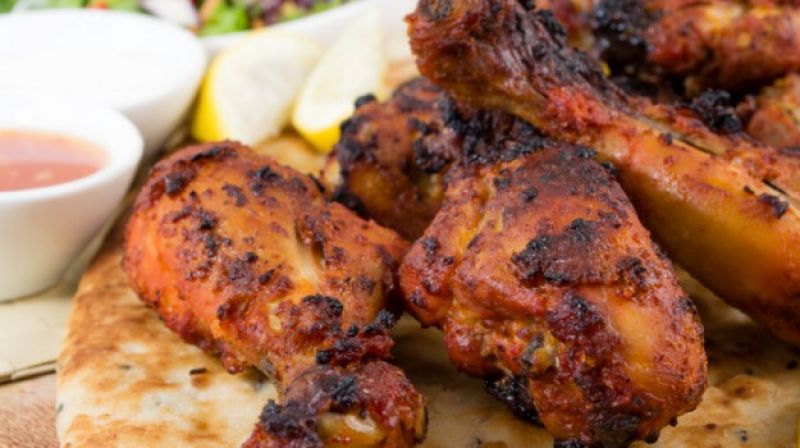Everything about food poisoning
A WHO survey states that nearly 1 in 10 people fall ill every year from eating contaminated food.

Consuming contaminated food is one of the main reasons for food poisoning. According to a 10-year study compiled by the Centre for Disease Control, it was found that 51 per cent of food poisoning cases are due to plant products and 48 per cent due to animal products causing 9 million cases of the disease worldwide.
There were 56,000 people who required hospitalisation. The illness also led to the death of 1,350 people. This shows that food poisoning is very common. Often mild cases are treated at the home level or at the outpatient level. A WHO survey states that nearly 1 in 10 people fall ill every year from eating contaminated food. Dr Bhavani Raju, senior consultant gastroenterologist, explains more about food poisoning.
Q What are the main causes of food poisoning? How many deaths are caused due to food poisoning in India?
Green leafy vegetables, raw vegetable, raw eggs, raw fruit juices, milk and dairy products, sprouts, tuna and other seafood, are common sources of infection. There are a host of micro-organisms that can cause food poisoning. The most common culprits are entamoeba (a common parasite that can cause dysentery), giardia (another parasite that causes diarrhea), campylobacter, shigella, salmonella (bacteria that causes typhoid), E. coli, listeria, and norovirus. Children under five years of age are particularly at high risk.
Q Which are the plant products that cause food poisoning? What other ingredients can cause food poisoning?
Food poisoning is most commonly seen as a result of consuming meats, seafood and dairy products, as well as contaminated lettuce, melons and other fruits and vegetables.
Green beans often cause poisoning if they are not properly cooked. Cyanogenic plants such as bitter apricot seeds can cause food poisoning when eaten raw, but are safe for consumption when thoroughly cooked in boiling water.
Cassava and bamboo shoots must be soaked in water for removing the toxic cyanide before cooking.
Q What are the steps that one must take if they have food poisoning?
Most cases of food poisoning are mild and clear up in a few days. During that time, the goal is to prevent dehydration. One should avoid solid food and dairy products until the vomiting and diarrhea stops.
Q How can food poisoning be prevented?
To prevent food poisoning, take the following steps when preparing food:
Carefully wash your hands before cooking. Always wash them after touching raw meat or cleaning dishes and utensils that have had any contact with raw meat, poultry and fish.
Use a thermometer when cooking. Cook beef to at least 1600F (710C), poultry to at least 1650F (73.80C), and fish to at least 145°F (62.70C).
Do not place cooked meat or fish back onto the same plate or container that held the raw meat, unless it has been washed thoroughly.
Refrigerate any perishable food or leftovers within two hours of cooking it. Keep the refrigerator set to around 400F (4.4°C) and your freezer at or below 00F (-180C). Do not eat meat, poultry, or fish that has been refrigerated uncooked for longer than one to two days.
Cook frozen food items for the full time recommended on the package.
Do not use packaged food with a broken seal, or cans that have a dent.
Q How can plant and animal sources of food cause contamination?
Raw Vegetables: These carry the risk of salmonella and E. coli — which can cause vomiting, diarrhoea and stomach cramps.
 Green Vegetables
Green Vegetables
Green Vegetables: These can contain E. coli from the soil. Tomatoes and other vegetables can also get contaminated when touched by unclean hands.
 Fruits:
Fruits:
Fruits: Listeria can grow on the skin of rock melons, which are grown on the ground. When people touch the skin and then cut the fruit, it can lead to cross contamination.
 Sprouts
Sprouts
Sprouts: Sprouts can be contaminated with bacteria such as E. coli, listeria, and salmonella. To produce sprouts, seeds are soaked and then kept moist for several days. The conditions for sprouting a seed are ideal for bacteria growth. So if the seeds are contaminated with bacteria, it is risky. Cooking sprouts largely decreases the risk.
 Chicken
Chicken
Chicken: These birds can carry salmonella and campylobacter. The good news is that the risk from bacteria is completely eliminated if the meat is cooked properly. But when you wash your meat, you can easily splash salmonella onto vegetables or other items that aren’t cooked, so they become cross-contaminated.
 Eggs
Eggs
Eggs: Eggs can also carry salmonella, which causes diarrhoea and vomiting. Cooking eggs kills bacteria, but be careful to thoroughly clean utensils and wipe down bench tops if they come into the contact of the raw egg. Foods made with raw and lightly cooked eggs can also pose big risks, including homemade mayonnaise, béarnaise sauce, hollandaise sauce, homemade ice cream, etc.
TIPS
Do not drink water from streams or wells that are not treated. Only drink water that has been chlorinated.
If you take care of young children, wash your hands often and dispose diapers carefully so that bacteria can’t spread to other surfaces or people.
If you use canned food at home, be sure to follow proper canning techniques to prevent botulism.
Do not feed honey to children under the age of one.
Do not eat wild mushrooms.
When travelling where contamination is more likely, eat only hot, freshly cooked food. Drink water only if it has been boiled. Do not eat raw vegetables or unpeeled fruit.

